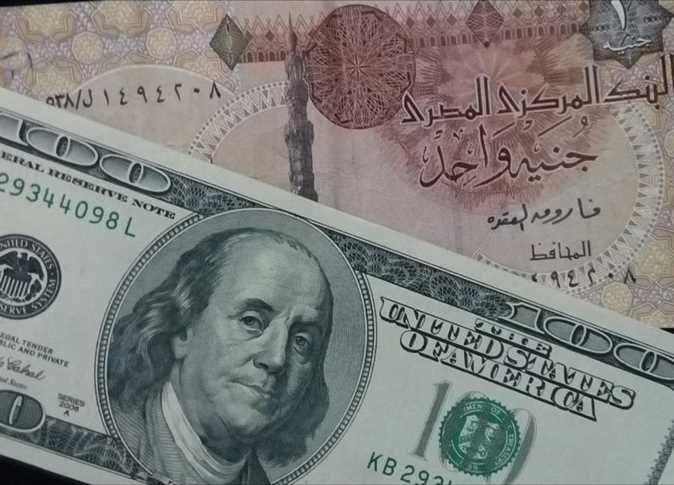
The Egyptian Ministry of Finance issued a statement about Egypt’s first bonds system with the aim of resolving part of the US dollar shortage crisis.
The issuance was more than four times oversubscribed.
The Egyptian Minister of Finance, Mohamed Maait, confirmed that “We succeeded in issuing the sovereign Islamic sukuk in the history of Egypt, as the value of the subscription amounted to about US$6.1 billion.”
” This means that it was more than four times oversubscribed.”
The Egyptian minister explained that the cost of the issuance was less than the required return on bonds in the international secondary markets by more than seventy points,.
The return price on the offering was reduced by about 72.5 basis points compared to the opening prices announced at the beginning of the offering process at 11.675 percent, to close at 11 percent.
Maait added that this issuance witnessed a remarkable turnout as more than 250 investors in various global financial markets submitted purchase requests,
The issuance attracted a new base of investors in Gulf countries as well as East Asia, European countries and the US.
He praised the type of investors that joined the offering.
This was represented by asset managers, pension funds, insurance and investment funds, and banks, which are distinguished by their long-term investment, which has a positive impact in reducing price fluctuations.
Maait explained: “Our success in offering the bond ir sukuk issuance in the history of Egypt comes amid turbulent global economic and political conditions and the high cost of financing as a result of a sharp inflationary wave, in a way that sends a strong message of confidence from global financial markets and investors in the future of the Egyptian economy and its ability to deal flexibly with internal and external challenges.”
“We are pleased to join the group of countries issuing sovereign sukuk, and we appreciate the great turnout from investors for this successful issuance, which demonstrates their support and confidence in the government’s efforts to diversify funding sources,” Ahmed Kojak, Deputy Minister of Finance for Financial Policies, said.
He added that Egypt has prepared for this step by issuing the Sovereign Sukuk Law and its executive regulations to provide the necessary legislative umbrella for creating a new type of government securities.
This will inevitably be compatible with the principles of Islamic Sharia, in cooperation with leading banks in the field of Islamic finance and sukuk issuance and with the help of local and international law firms.
One of the most important provisions of the law and its executive regulations is that the assets be privately owned by the state, and that the Egypt’s Financial Group for Securitization, an Egyptian joint stock company wholly owned by the Ministry of Finance, supervises these assets, Mohamed Hegazy, head of the Public Debt Management Unit at the Ministry of Finance, explained.
The importance of the sovereign sukuk is that they are new alternatives to providing the necessary financing for investment and development projects.
This includes the economic plan for the state’s general budget in a manner consistent with the state’s efforts to enhance aspects of spending to improve the standard of living of citizens, Hegazy added.
It also helps in attracting a new segment of Arab and foreign investors, especially from the Gulf and Asian countries, who prefer financial transactions that are compatible with the principles of Islamic Sharia.
This will help in the increase of local and international foreign cash flows, according to Hegazy.
He pointed out that the Ministry of Finance succeeded in establishing an international program for issuing sovereign sukuk for the next several years, at a value of $5 billion, registered on the London Stock Exchange on February 14, 2023.




